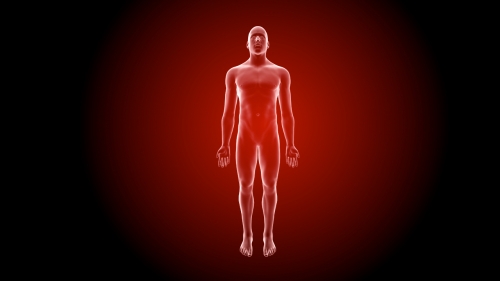
Chronic Pain
Chronic pain is typically defined as pain that persists for three months or more, depending on the type of condition associated with the pain. The pain may vary in intensity, frequency, and debility. Chronic pain is associated with regions such as the spine, joints, neck, and pelvis. Headaches, nerve, and muscle pain can also be termed chronic.
Chronic pain is diagnosed through the assessment of its effect on normal function and life quality. Chronic pain may have a number of causes, including trauma, tissue damage, and infection. Risk factors such as depression, fatigue, stress, or anxiety may also affect the severity of chronic pain.
Many treatments for chronic pain are available, depending on the underlying condition or cause. These include adhesiolysis, nerve blocks, or steroid injections, as well as vertebroplasty or kyphoplasty.
Possible Treatments
- Pain Management
- Opioid Medications
- Non-Steroidal Anti-Inflammatory Drugs (NSAIDs)
- Joint Injections
- Complementary and Alternative Medicines
- Active Release Techniques
- Acute, Chronic, and Advanced Outpatient Therapy
- Capsaicin
- Intra-Articular Steroid Injections
- Joint Mobilization
- Manual Therapy
- Muscle Relaxants
- Myofascial Release
- Radio Frequency Ablation
- Peripheral Nerve Stimulation (PNS)
- Platelet Rich Plasma Injections (PRP)
- Spinal Cord Stimulation
- Steroid Medications
- Soft Tissue Massage
- Stem Cell Therapy
- Therapeutic Exercise
- Topical Creams



